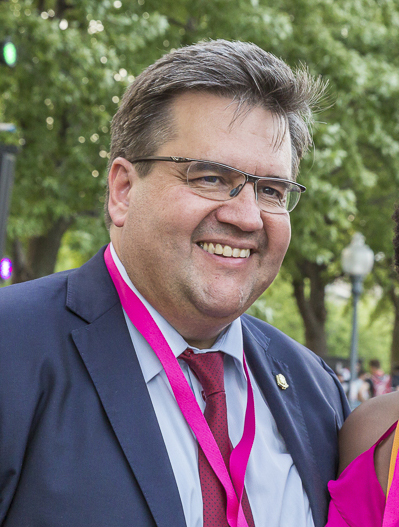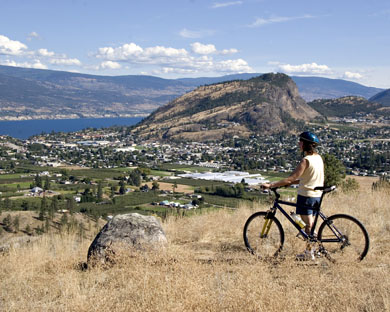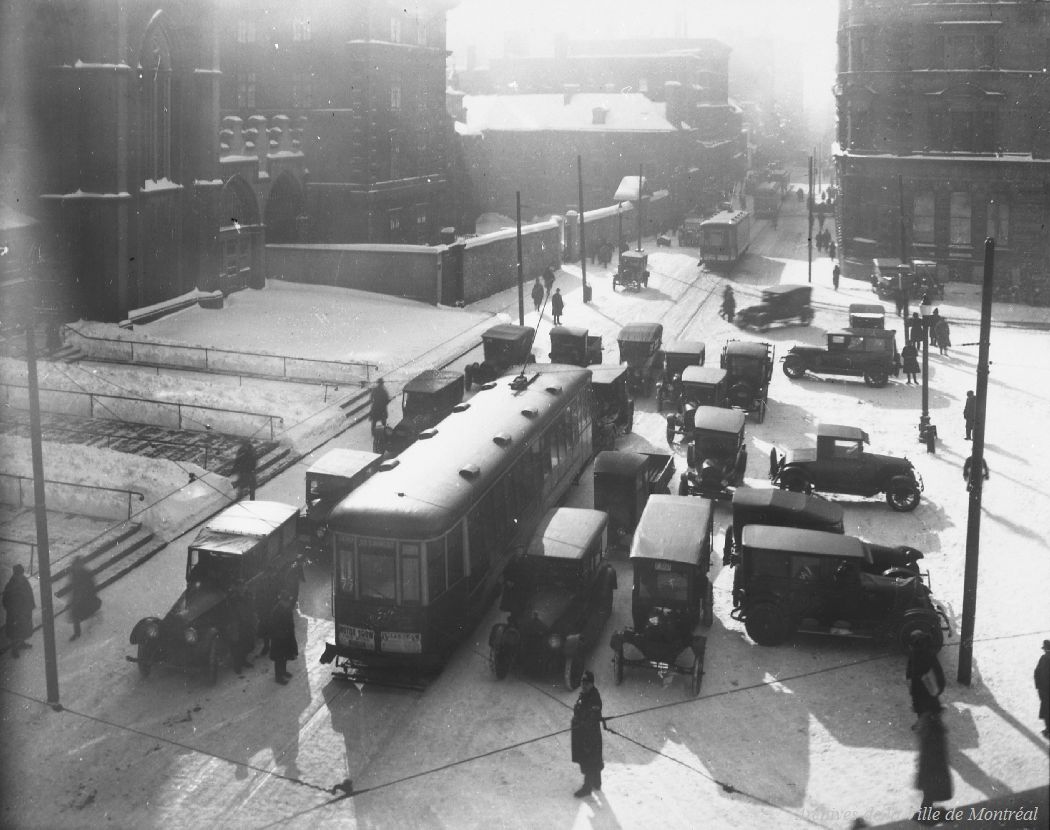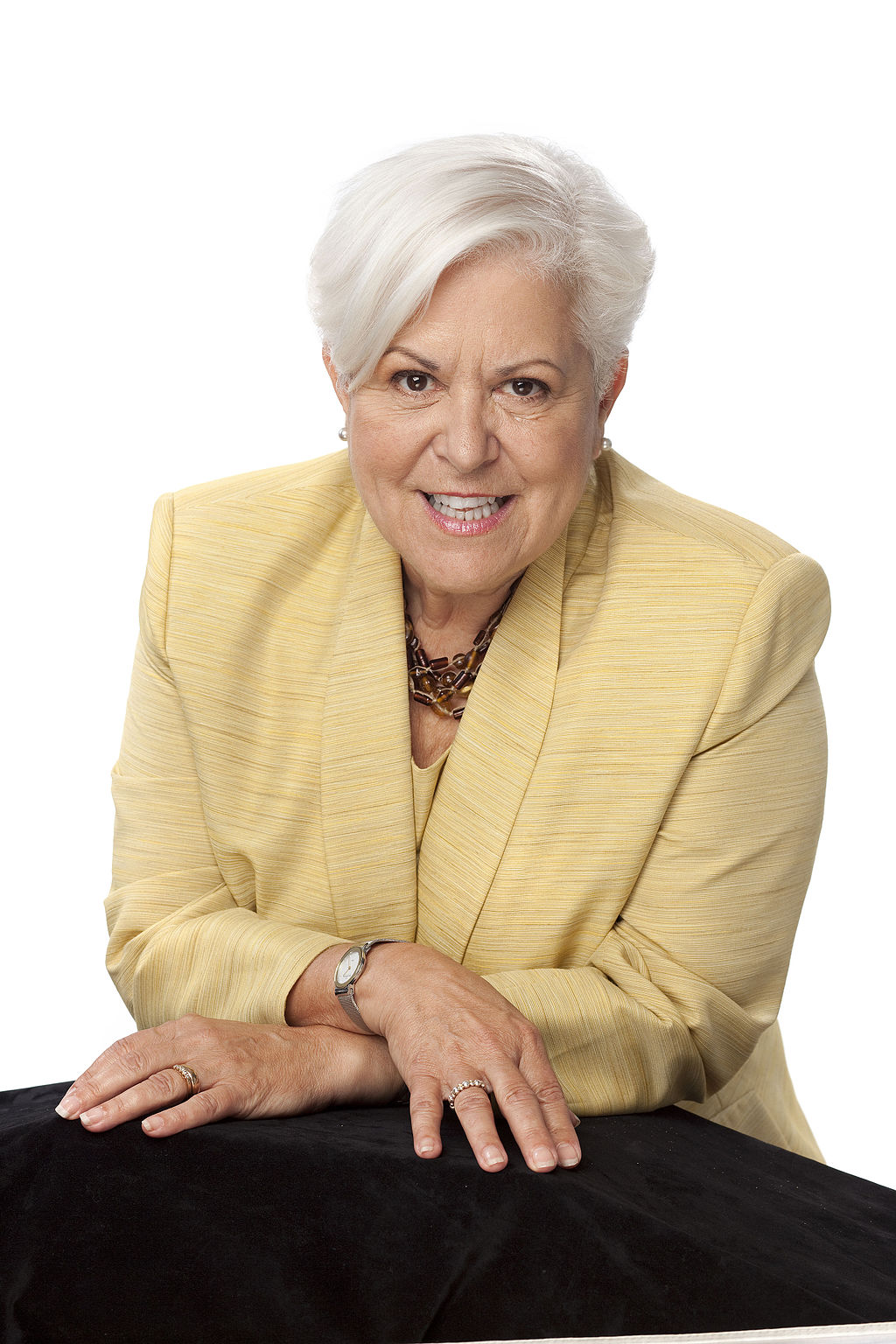Valérie Plante, mayor of Montreal 2017–present, community organizer, city councillor (born 14 June 1974 in Rouyn-Noranda, QC). In 2017, Plante won Montreal’s municipal election and became the first woman to be elected mayor in the city’s 375-year history. (See Municipal Government in Canada.) She was re-elected in November 2021 with an even greater share of the vote.

Early Life and Education
Valérie Plante grew up in the Abitibi-Témiscamingue region town. Plante spent many hours of her childhood criss-crossing the region with her father, a travelling salesman. At 15, she moved to North Bay, Ontario to study and learn English. She then moved to Trois-Rivières, QC to live with her mother. She completed high school at École secondaire De La Salle in 1991. In school, she was part of a team charged with picking up recyclable paper in classrooms. She frequently told her classmates about the importance of recycling. Her high school yearbook said her dream was to become the president of the environmental group Greenpeace.
Plante moved to Montreal in 1994 to study anthropology at the Université de Montréal, where she graduated with a BA in 1998. She then went on to obtain a certificate in multiethnic intervention in 1998, and a master’s in museum studies in 2001 at the university.
Early Career
After completing her master's, Plante worked as a project and communications coordinator for a variety of organizations. She spent eight years with the Girls Action Foundation, a non-profit that provides funding to girls’ programs across Canada.
Plante also helped immigrant women who were victims of domestic violence navigate their way through the justice system, She taught self-defence courses to children and women. She also organized programs for immigrant and Indigenous women. As an activist, Plante fought against tuition hikes and hydraulic fracking. (See also 2012 Quebec Student Strike.) She also sat on several organization boards, including the Broadbent Institute (see Ed Broadbent) since 2014 and Groupe Femmes Politique et Démocratie, which promotes greater participation by women in politics.
Plante is married to Pierre-Antoine Harvey, an economist with the Centrale des syndicats du Québec trade union, whom she met at the Université de Montréal. The couple has two sons.
Municipal Politics
In 2013, Valérie Plante was introduced to the left-leaning municipal party Projet Montréal. Weeks later, Plante tossed her hat in the ring to run as a Projet Montréal candidate in the November 2013 municipal election.
In a surprise victory, Plante was elected city councillor in the downtown Sainte-Marie district. In the process, she defeated career politician Louise Harel, a long-time provincial cabinet minister. Rising through the Projet Montréal party ranks, Plante was named deputy leader of the city’s official opposition and critic for issues related to downtown, tourism and women.
In 2016, Projet Montréal launched a leadership campaign to replace interim party leader Luc Ferrandez. Plante entered the fray when no other woman stepped forward. Despite running against Guillaume Lavoie, a fellow councillor who had the support of the party establishment, Plante was elected party leader on 4 December 2016 by a mere 79 votes. In her victory speech, she criticized Mayor Denis Coderre for his perceived autocratic style. “Montreal deserves better,” she said. “We’ve had enough of a one-man show.”
2017 Mayoralty Campaign
With the November 2017 municipal election fast approaching, Plante had her work cut out for her. Only four months before the election, a poll found that only 33 per cent of Montrealers recognized her. She also trailed Denis Coderre by 14 percentage points in the polls. However, a poster launched in August brought the unknown candidate to people’s attention. It showed a smiling Plante with the slogan “l'homme de la situation” (the right man for the job). Plante said the cheeky slogan was chosen to attract attention and to raise the debate about women’s place in society.
Plante proved to be a natural campaigner, with a laid-back, ever-smiling approach. She promised to help relieve traffic congestion with the construction of a new, 21-kilometre Pink Line for the Métro subway with federal and provincial government funding. The project would link up Montréal-Nord, downtown and Lachine at a cost of $6 billion. She also promised better management of the city’s construction projects and the chronic orange cones that bedevil its motorists.
Her platform also included the building of 12,000 new low-income housing units, and deep cuts in the tax on house purchases. (See Housing and Housing Policy.) Plante also took advantage of public disgruntlement with the $24 million Formula E electric car race in July 2017 that led to the closure of some city streets for several weeks. Coderre refused to divulge how many of the tickets to the race were given away for free until the dying days of the campaign, a move that focused public attention on his perceived arrogance.
Plante hit a few speedbumps during the campaign by refusing to say how she had voted in the 1995 Québec referendum on sovereignty, and by waffling about her views of Bill 62, the controversial Quebec law that requires people receiving public services to uncover their faces. However, these appeared to have little effect on election night, 5 November 2017, with Plante winning 51.3 per cent of the vote compared with 46.7 per cent for Coderre, a lead of more than 26,000 votes. She made history and became Montreal’s first woman mayor.
First Term as Mayor of Montreal
In her first term as mayor, Valérie Plante focused on major transportation projects. She pushed for her Pink metro line project which required financial support. Plante and Projet Montréal also focused heavily on cycling infrastructure and making streets pedestrian-friendly. These policies divided Montrealers. Some criticized the fact that it was becoming difficult for drivers to get around. Others supported the city’s move to encourage walking and cycling.
Plante pushed to build her promised 12,000 social and affordable housing units using funding from the federal and provincial governments. However, Montreal continued to experience an important housing and homelessness crisis. (See Housing and Housing Policy.)
As mayor, she was preoccupied with environmental issues. On 28 September 2019, she participated in the city’s largest protest up until that point. Hundreds of thousands of people participated in the climate march. (See Climate Change; Environmental Movement in Canada.) That same year, she dedicated resources to eventually develop a large 3,000 hectares urban park in the West Island — the Grand parc de l’Ouest. At the United Nations, Plante committed to reducing Montreal’s carbon emissions by 55 per cent by 2030.
Following community pressure on the city (see Balarama Holness; Black Lives Matter-Canada), mayor Plante and the city of Montreal recognized that systemic racism was an issue. Plante committed to improving the city’s approach to fighting racism.
Montreal was hit very hard by the COVID-19 pandemic. In March 2020, Plante invoked a state of emergency. The pandemic forced Plante to focus on managing the health crisis instead of her previous priorities.
2021 Mayoralty Campaigns
Prior to the 2021 campaign, Valérie Plante was well behind her closest competitor, Denis Coderre. A poll in May 2021 found that she was 10 percentage points behind Coderre. The poll showed that 50 percent of respondents were unsatisfied with Plante.
Plante and Projet Montréal campaigned on broad platform. They promised 60,000 affordable housing units to fight the housing crisis. For public transit, Projet Montréal promised further metro expansions and to make all buses electric by 2025. Commitments also included that even more cycling lanes would be built.
Toward the end of the campaign, Plante accused Coderre of lacking transparency. The latter refused to release his financial and work records until very late in the campaign. At which point his relationships to a real estate firm and the company in charge of the city’s Publisac were criticized.
The results of the November 2021 election gave Plante another mandate as mayor of Montreal. She increased her vote share to 52 per cent versus Coderre’s 38 per cent and Balarama Holness’ 7.2 per cent.

 Share on Facebook
Share on Facebook Share on X
Share on X Share by Email
Share by Email Share on Google Classroom
Share on Google Classroom



